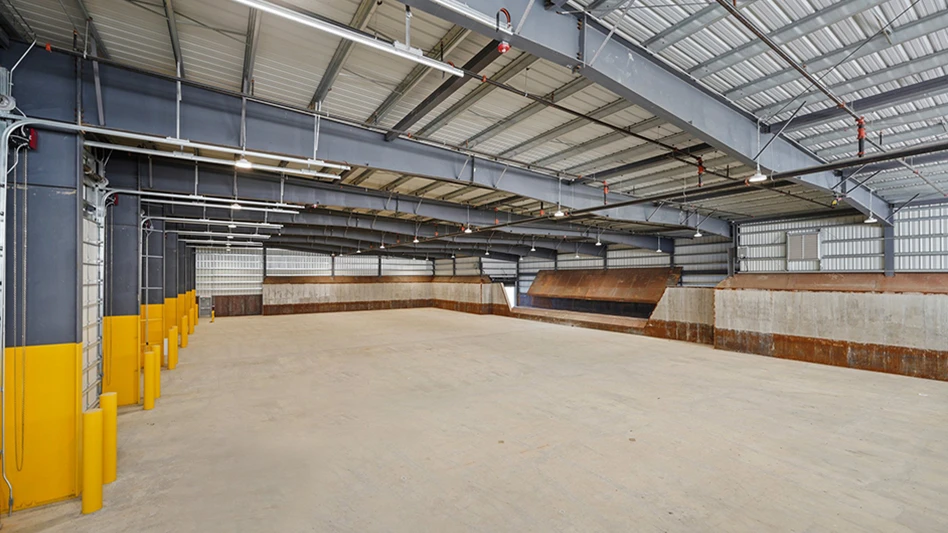
Image courtesy of Covanta
Covanta, a sustainable waste and energy solutions provider in Morristown, New Jersey, has announced a partnership with Massachusetts to reduce emissions at two of its facilities and to enhance accountability by making continuous emissions tracking available to the public.
The new Massachusetts limits apply to nitrogen oxides (NOx) and air toxins, including lead, cadmium, mercury and dioxins at Covanta's Covanta Haverhill facility in Haverhill, Massachusetts, and Covanta SEMASS facility in West Wareham, Massachusetts.
Combined, Haverhill and SEMASS process more than 1.7 million tons of waste annually, the equivalent of avoiding more than 1.6 million tons of greenhouse gases by keeping waste out of landfills.
"We are proud to partner with the commonwealth to help achieve lower limits expeditiously,” says Derek Veenhof, executive vice president and chief operating officer at Covanta. “This coupled with the release of our emissions data to the public online demonstrates our commitment to transparency and operational excellence. Waste-to-energy facilities hold an important role in meeting the state's climate goals, preventing waste from being buried in methane-producing landfills and reducing greenhouse gases emitted into the atmosphere that contribute to global warming."
Following the lead of Covanta facilities in New Jersey, Virginia and Pennsylvania, emissions data for Covanta's Massachusetts WTE facilities are now accessible online. This is the same data used by onsite operators to monitor the operational performance of the company's WTE facilities, according to Covanta.
Continuous emissions monitoring is important in determining a facility's compliance with the strict emission limits outlined in its operating permit established by the federal Clean Air Act and the state's strict regulatory requirements. Covanta says its Massachusetts facilities operate below their permitted air limits.
Get curated news on YOUR industry.
Enter your email to receive our newsletters.Latest from Waste Today
- ReMA board to consider changes to residential dual-, single-stream MRF specifications
- Miller Environmental Group Inc. appoints CEO
- DPI acquires Concept Plastics Co.
- Laurel Mountain Capital announces investment in 5280 Waste Solutions
- Cielo investor requests annual meeting
- WIH Resource Group celebrates 20th anniversary
- NWRA: NIOSH cuts a step in the wrong direction
- Valicor Environmental services acquires Affordable Waste Management







